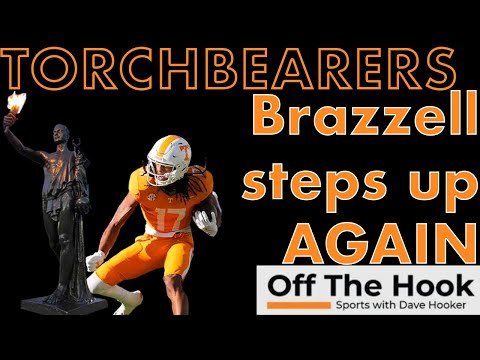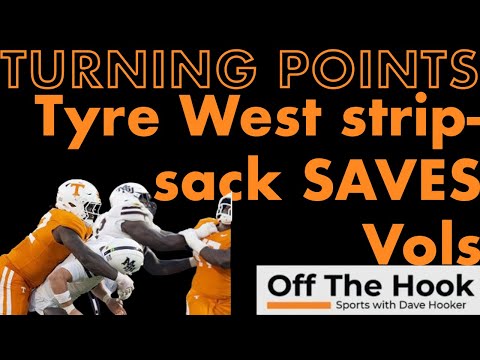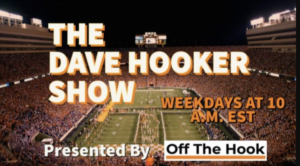I filled out a 2023 SEC Football ballot at SEC Media Days. While I didn’t pick Tennessee Football to win it all and didn’t go with the masses who picked the Georgia Bulldogs to win it all, I still took all of my predictions very seriously.
Media holds more weight in college football than any other sport. For the first 130 years of its existence, national champions were determined by the writers. There still is the AP Poll national title, which carries weight equivalent to any title. Just ask the USC Trojans in 2003.
As a result, outrage over five media members picking the Vanderbilt Commodores to win the SEC Championship is justified. That’s the same number of votes Tennessee Football received, tied for fourth in the league.
Georgia was picked to win the league and had the most first-place votes. The Alabama Crimson Tide were second, and the LSU Tigers were third. All of that is fine and makes sense. Alabama picked to win the West with LSU second and UGA picked in the East with UT second jives as well.
Vanderbilt, however, is picked last in the East, but they still have tied for the fourth most SEC Championship votes of any other team. There’s no way around it: This is ridiculous. Writers who made this pick should be exposed nationally.
Picking a team to win it that has absolutely no chance, though, cheapens one of the sacred aspects of college football. Things like this are a big reason writers have lost power over the past 25 to 30 years.
There was once a time when writers wielded all the power over college football. Schools could claim national championships based on magazines, and the awards media companies dished out meant more than anything the coaches themselves could give out.
Until the BCS in 1998, you could only claim a national championship if you were selected No. 1 by the AP Poll, the Coaches’ Poll or some other credible media outlet. While the AP and Coaches’ Polls are the standard for rankings, the AP Poll always had more weight.
Even now, when a game is hyped up between two teams in September or October, the weight it carries is based on where AP writers have them ranked, not the coaches. It’s a point of pride for teams to finish in the top 25, top 10 or top five of the AP Poll.
The first seven years of its existence, the BCS made the AP Poll part of its formula when selecting its two teams to play for the national title. After the AP Poll pulled out, the Harris Poll was part of it all the way until its final year, 2013.
Simply put, media had more influence over college football than any other sport. Writers made college athletics a beloved tradition, and SEC Football writers helped create the culture of football in the South. It contributed to those beloved traditions.
The 1926 Rose Bowl between Alabama and the Washington Huskies is known as the game that changed the South. Alabama won 21-20, and from there, SEC pride was born. However, that pride was a direct result of the writers at that time.
Would the game be as legendary if national writers hadn’t insisted a southern team like Alabama didn’t belong beforehand, prompting fans from all over the South to attend the game and root for the Tide? What about if noted humorist Will Rogers hadn’t referred to them as “Tusca-losers?”
Where would college football in the South be if Grantland Rice hadn’t been covering it extensively for southern newspapers at the time it was considered just a northeastern sport? Do we not celebrate All-American teams, started by Walter Camp when he was a writer? What about Heisman winners?
All of this contributed to the explosion of college football and southern college football in particular. Over time, though, that has diminished. Politicking by writers in how they hand out awards and who they crown champions are part of it. Things like picking Vanderbilt to win the SEC is the other part.
Sure, the desire for a playoff, the money that comes with it and the BCS before that may have been inevitable. But politicking and trolling has rendered writers much less powerful in this sport than they used to be.
Heisman voting based on personality and ignoring the last two weeks of the season is part of that. Inconsistent standards for awards and championships also played a role. However, unserious preseason predictions are as much a part of the sport.
There are dark-horse SEC Football title contenders, including Tennessee. The Texas A&M Aggies make sense as a pick too. Going out on a limb for a prediction is not a bad thing to do on its own.
With Vanderbilt receiving five votes to win the conference, though SEC Football writers have just contributed to the fall of the power that the media once had in this sport. They should be ashamed of themselves.









